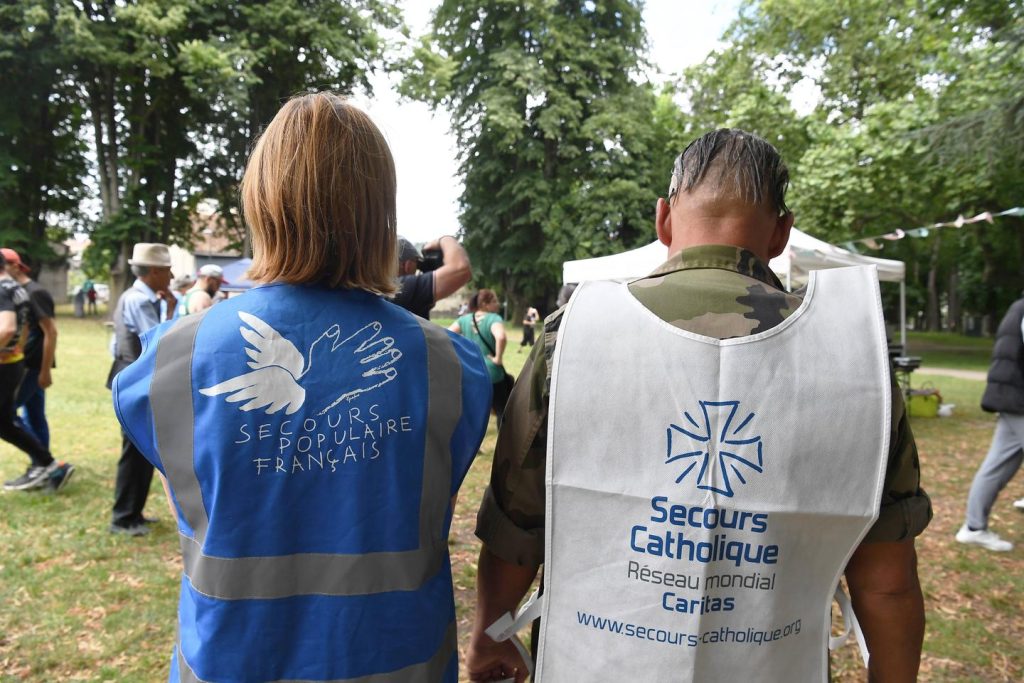Several residents from the working-class neighborhood of Borny, in Metz, have come together for workshops organized by the Secours catholique to work on a report about poverty titled “Quand la solidarité s’éloigne” (When solidarity grows distant). They discuss how public services have become less helpful and more distant, sharing stories of abruptly discontinued social benefits and unexpected increases in rent. Many have experienced sudden stops in social benefits without warning, such as Sylvie M., a 61-year-old disabled home care worker who saw her housing assistance suspended to repay a debt she was unaware of.
In another case, Valérie’s daughter and future son-in-law had their RSA (solidarity income) payments withheld by the CAF (French Family Allowance Fund) under the false claim that they had started a business. Huguette, a 65-year-old woman, faced delays in renewing her health insurance due to a forgotten form that she was not notified about by the Social Security office. These individuals recount the difficulties they face due to lack of communication and transparency from the various administrative bodies, leading them to rely on family members and neighbors for support. They reminisce about the days when they could visit physical offices and speak to someone face-to-face, rather than dealing with complex online systems and unhelpful phone interactions.
While they can seek assistance from social workers, the lack of direct contact with representatives in different organizations forces them to seek help from untrained individuals. Chantal, a 71-year-old retired cook, recalls a time when visiting the social security office involved waiting in line but ultimately speaking to a person, which was more accessible for those not familiar with technology. Valérie comments sarcastically on the shift towards digital interactions, highlighting the challenges faced by older individuals who are not comfortable with computers. Phone conversations are also difficult, with Sylvie M. sharing instances where she was dismissed or told she didn’t understand, despite providing the necessary documentation.
These stories highlight the challenges faced by individuals in navigating the complex bureaucratic system in France, where lack of communication and transparency lead to confusion and frustration for those relying on social benefits. The report on poverty published by the Secours catholique sheds light on these issues, emphasizing the importance of access to clear information and support for individuals in need. The testimonies from residents of Borny underscore the impact of systemic failures on the lives of vulnerable individuals, urging for more human-centered approaches in social assistance programs.
The experiences shared by residents from Borny expose the shortcomings in the current social welfare system, where gaps in communication and administrative errors result in undeserved hardships for those already struggling. The need for greater accountability and transparency in public services is evident, as individuals recount instances of misinformation and lack of support from government agencies. The voices of these individuals call for a reevaluation of how social assistance programs are administered, emphasizing the importance of a more empathetic and accessible approach to supporting those in need. As the conversation around poverty and inequality continues, it is crucial to center the experiences and perspectives of those directly affected by these systemic challenges.















